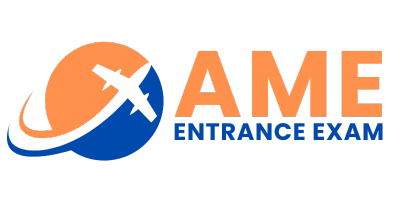The aviation industry is a dynamic and exciting field that offers a wide range of career opportunities. From piloting aircraft to managing airline operations, there are numerous paths one can take within this industry. If you’re passionate about aviation and dream of working in the skies, pursuing a course in aviation could be your first step towards a rewarding career. Let’s explore some of the key courses available in the aviation industry:
1. Pilot Training Programs: For those with a dream of soaring through the clouds, becoming a pilot is the ultimate goal. Pilot training programs vary in duration and intensity, ranging from private pilot licenses to commercial pilot licenses and beyond. These programs typically cover a combination of theoretical knowledge and practical flight training, equipping students with the skills and expertise needed to safely operate aircraft.
2. Aerospace Engineering: Aerospace engineering focuses on the design, development, and maintenance of aircraft and spacecraft. This multidisciplinary field combines principles of mechanical, electrical, and materials engineering to create cutting-edge aerospace technologies.
Courses in aerospace engineering cover topics such as aerodynamics, propulsion systems, avionics, and aircraft structures, preparing students for careers in aircraft manufacturing, research, and development.
3. Air Traffic Control: Air traffic controllers play a crucial role in ensuring the safe and efficient movement of aircraft within airspace. Courses in air traffic control provide students with the knowledge and skills needed to manage air traffic, communicate with pilots, and make split-second decisions to prevent collisions and delays. These programs often include simulations and practical training exercises to simulate real-world scenarios.
4. Aviation Management: Behind every successful airline is a team of skilled aviation managers overseeing operations, finances, and customer service. Courses in aviation management cover topics such as airline economics, airport planning, safety regulations, and marketing strategies. Graduates of these programs go on to work in various roles within airlines, airports, and aviation-related businesses, shaping the future of the industry.
5. Aircraft Maintenance Engineering: Aircraft maintenance engineers are responsible for inspecting, repairing, and maintaining aircraft to ensure they meet safety and performance standards. Courses in aircraft maintenance engineering provide hands-on training in aircraft systems, maintenance procedures, and regulatory requirements. Graduates of these programs are in high demand by airlines, maintenance facilities, and aircraft manufacturers.
6. Aviation Safety and Security: In an industry where safety is paramount, courses in aviation safety and security are essential for ensuring compliance with regulations and preventing accidents and incidents. These programs cover topics such as risk management, emergency response procedures, security protocols, and human factors in aviation. Graduates may find employment with airlines, regulatory agencies, or security firms.
Conclusion: Whether you aspire to become a pilot, an aerospace engineer, or an aviation manager, the aviation industry offers a wealth of opportunities for those with a passion for flight. By pursuing a course in aviation, you can acquire the knowledge, skills, and qualifications needed to pursue your dreams and build a successful career in this exciting field. So, take the first step towards your future in aviation today!












